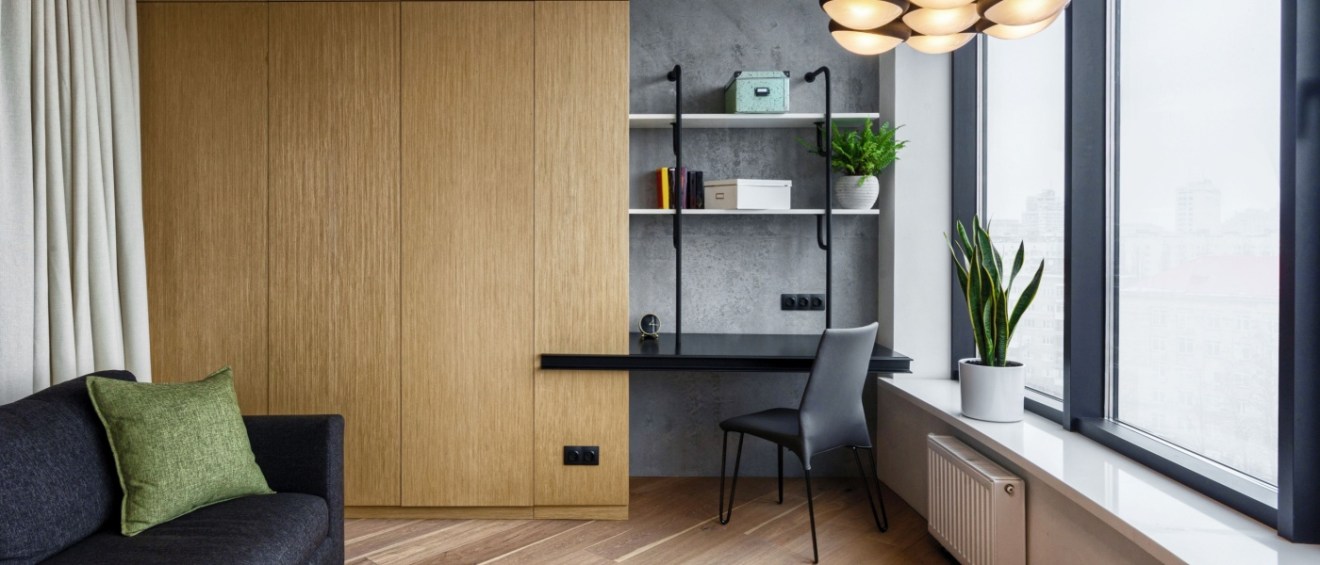Share this article:
Security deposits are common when living in a rental apartment, but many renters wonder if they can use their security deposit for rent, particularly when moving out. With rental costs being a major expense, using the deposit to cover the last month’s rent might seem like a practical solution. However, security deposit laws vary by state, and understanding the rules is crucial to avoid legal or financial trouble.
If you are at the beginning of your apartment search, know that a security deposit is a sum of money paid upfront to cover potential damages, unpaid rent, or lease violations. This is different from paying last month’s rent in advance, which some landlords require separately. While a last-month rent deposit can be used to pay rent, a security deposit is held as financial protection for the landlord. This distinction is key when determining whether you can use a security deposit for rent.
What do security deposit laws say?
Security deposit laws are set at the state level, meaning the rules vary depending on where you live. In general, security deposits are intended to be returned to the renter after moving out, provided there is no damage or unpaid rent. Because of this, many states prohibit renters from unilaterally using their security deposit for rent.
For example, Texas law explicitly forbids renters from using their security deposit for rent without the landlord’s permission. If this does happen, the landlord may take legal action. In Massachusetts, landlords can allow the use of a security deposit for rent, but only if both parties agree in writing. In other states, lease agreements may specify whether a security deposit can be used for rent, making it essential for renters to review their contracts carefully.
In fact, some states also have laws requiring landlords to hold security deposits in separate accounts, ensuring the money is available for its intended purpose. Given these legal variations, renters should familiarize themselves with their state’s security deposit laws and always refer to their lease agreements before making any assumptions.

Why security deposits are not typically used for rent
The primary purpose of a security deposit is to protect the landlord against financial losses. Specifically, if a renter damages the unit, leaves unpaid utility bills, or violates lease terms, the landlord can deduct these costs from the deposit. So, if the security deposit is used for rent payments, landlords could be left without recourse for damages or other outstanding costs.
Additionally, many jurisdictions have strict security deposit rules that require landlords to keep these funds in dedicated accounts. If renters use their deposits for rent, it can create accounting and legal complications for landlords. Also, renters who do so without permission may face consequences such as additional fees, legal disputes, or potential eviction proceedings.
When a security deposit can be used for rent
While security deposits are generally not intended for rent, there are exceptions where renters may be able to use their security deposit for this purpose legally. Of course, if a lease agreement explicitly states that the security deposit can be applied to rent, then renters have a legal right to do so. However, this should always be confirmed in writing.
In some cases, landlords may approve this request on a case-by-case basis, especially if the renter has maintained the property in good condition and has paid rent on time throughout the lease. Additionally, if a landlord fails to comply with local security deposit laws — such as failing to place the deposit in a separate account or not providing required receipts — renters may have legal grounds to negotiate the use of their deposit for rent.

Risks of using security deposits for rent without permission
Using a security deposit for rent without approval can lead to serious consequences. Landlords may take legal action, which could result in additional fees for renters or a mark against their rental history. This can make it harder to secure future apartments, as landlords often check past rental records before approving applications.
Additionally, if a renter uses their deposit for rent and then moves out, they may still be held liable for damages or cleaning costs. In such cases, the landlord may send the renter a bill for any outstanding charges, and unpaid balances could be sent to collections, potentially impacting the renter’s credit score.
Tips for renters (regarding security deposit rules)
Understanding security deposit rules can help renters avoid legal and financial issues. Here are some steps to ensure compliance and protect your deposit:
- Review your lease agreement: Carefully check the terms regarding security deposits and rent payments to know your rights and obligations.
- Communicate with your landlord: If you wish to use your security deposit for rent, ask for written approval to avoid misunderstandings.
- Document property condition: Take photos before moving in and out to ensure you can reclaim your full deposit if no damages exist.

Using a security deposit for rent is generally not allowed unless explicitly stated in the lease or agreed upon by the landlord. That’s because security deposits serve to cover potential damages and unpaid costs, not regular rent payments. At the same time, state laws vary, so renters should always review their local security deposit laws to avoid complications. If unsure, consulting a legal professional is a great way to get clarity on renter rights and responsibilities. By following the proper steps, renters can protect themselves and ensure a smooth move-out process.
Share this article:
Florin Petrut is a real estate writer and research analyst with RentCafe, using his experience as a social media specialist and love for storytelling to create insightful reports and studies on the rental market. With a strong interest in the renter experience, he develops data-driven resources that explore cost of living, affordable neighborhoods, and housing trends, helping renters make informed decisions about where and how they live. Florin holds a B.A. in Journalism and an M.A. in Digital Media and Game Studies.
The Ready Renter has your back
Tips, news, and research curated for renters, straight to your inbox.




Related posts
Subscribe to
The Ready Renter newsletter







